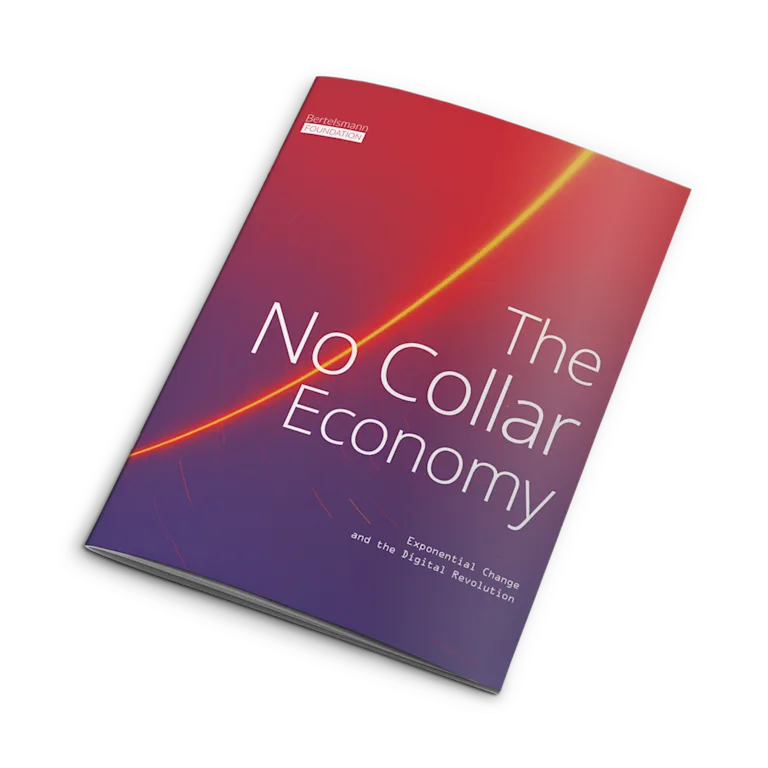The No Collar Economy - Vol. I
Our world is constantly changing—a simple truism that is not unique for any given generation or era. And yet the very fact that our dynamics shift continues to surprise us.
We routinely observe that we live in turbulent times without pausing to consider that times are always turbulent. When was the last time a major policy speech began “Times are pretty normal. Everything is as expected. Let’s just put this planet on auto-pilot for a while”?
Instead we are prone to hyperbole, to view the constant shifts as existential threats to our way of life. We believe “this time is different.” In fact, be it the inventions of the cotton mill or the internet, humans have shown a remarkable ability to adapt. Our way of life changes but life continues.
And yet this book begins with a simple premise: This time is different. The exponential change caused by digital innovations has changed the way we work, the way we play, the way we buy, and the way we bank – all in the span of a couple decades. And as a digitizing society, we are just getting warmed up. If it hasn’t been disrupted yet, it will be soon. From the labor market to the dating market, digital tools are rapidly redefining the rules of the game.

